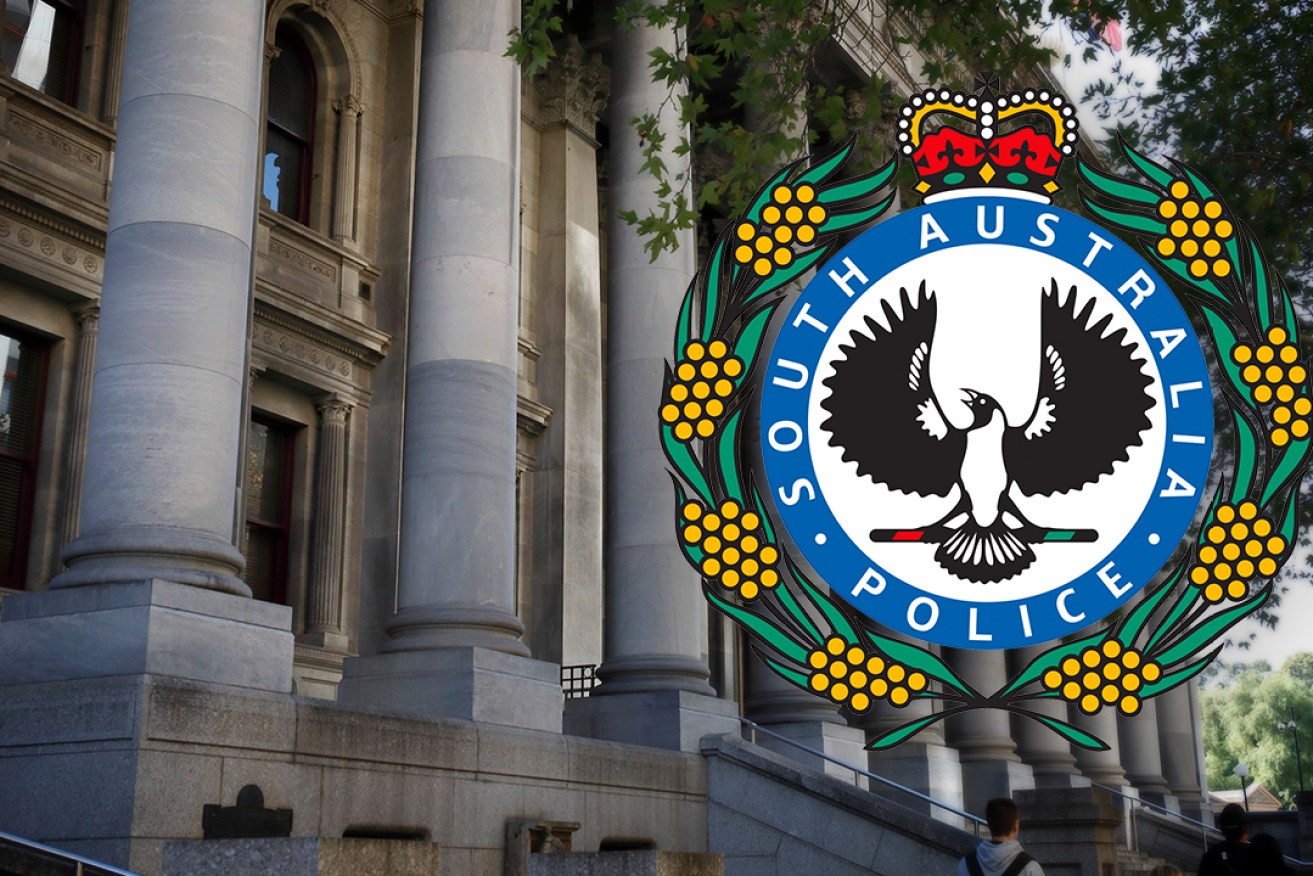Police deny ‘institutional racism’ recruitment claim
An MP has told State Parliament that an aspiring SA Police employee was rejected because they were unable to provide personal information about their mother, who is a member of the Stolen Generations – an allegation police have refuted as “abhorrent”.

Image: Tom Aldahn/InDaily
The claim was made by Greens MLC Tammy Franks in parliament last week.
Franks said she was contacted by an employee of the Metropolitan Fire Service who had applied for a position with SA Police.
She said the candidate, who was not named, “passed all the necessary tests” but their police clearance was rejected.
“After they were shortlisted and passed all those relevant tests, they were then rung and told that their application for state police clearance could not be processed because their mother’s maiden name and date of birth are not known to them,” Franks told parliament.
“The reason for this is that their mother is a Stolen Generations person.”
InDaily attempted to contact the candidate for comment.
Franks asked Aboriginal Affairs Minister Kyam Maher in parliament whether he considered the situation acceptable and what actions the Malinauskas Government would take to “address this institutional racism”.
The claim of administrative racism is abhorrent
Maher said that he was “concerned that someone could, on the circumstances (Franks) has described, be disadvantaged because their parent was stolen”.
“I certainly will be asking for a full briefing on this particular matter,” he told parliament.
“I will look at any other areas in the public sector that this might also affect.”
But SA Police today refuted the claim, describing it as “abhorrent”.
In a statement to InDaily, SA Police’s human resources director Kim-Sherie Summers said she “entirely refutes the claim from MLC Tammy Franks regarding institutionalised racism in (SA Police’s) recruitment process”.
She said SA Police was not aware of the case raised by Franks, but would welcome further details so that the allegation could be “thoroughly investigated”.
“The claim of administrative racism is abhorrent,” she said.
“The application process requires the candidate to provide personal information at the time of application submission, including the personal details of close family members to undertake mandatory probity assessment.
“However, we recognise this is not always possible – the applicant may be a migrant to Australia, adopted and where the information is simply not known to a candidate, or information has been lost and cannot be obtained.
“This does not prevent the candidate from progressing through the recruitment process, nor would the absence of this information negatively impact a favourable assessment of their suitability.”
Summers said if a candidate was unable to supply a maiden name or date of birth they wouldn’t be considered unsuitable as SA Police’s process “simply does not warrant that information to progress”.
She said SA Police was “proud of its First Nations employees” and was committed to growing a more diverse and inclusive workforce.
Currently, Aboriginal and Torres Strait Islander people make up 1.35 per cent of the SA Police workforce, but SA Police has a target to increase that to three per cent by 2030.
Last month, SA Police aired concerns about low recruitment, with Commissioner Grant Stevens revealing that three cadet training courses – equivalent to 90 new police positions – had been cancelled due to a shortfall in applicants.
Summers encouraged people who felt aggrieved by SA Police’s recruitment process to contact SA Police so that their application process could be investigated.
Maher told parliament that over the past couple of decades Aboriginal people with a connection to the Stolen Generations had experienced difficulty applying for documents because they lacked information to fill out forms.
“This has come up in a number of areas – Aboriginal people trying to apply for passports because they have won an arts or a peace prize and want to go overseas, but, through no fault of their own, as members of the Stolen Generation or born at a time when dates of birth weren’t recorded, have had difficulties,” he said.
“In this day and age, I don’t think that is good enough, and I certainly will follow it up.”




